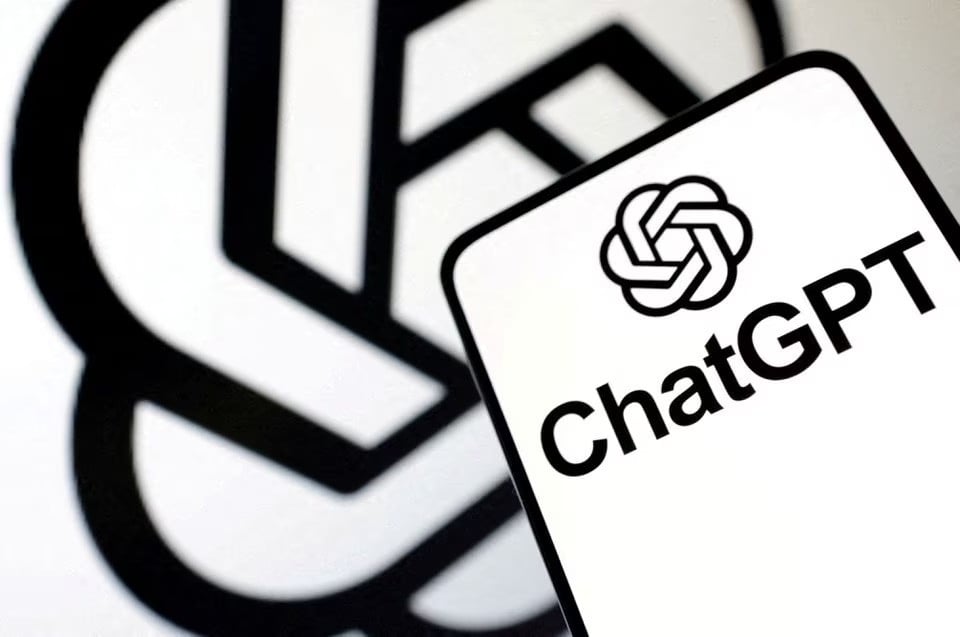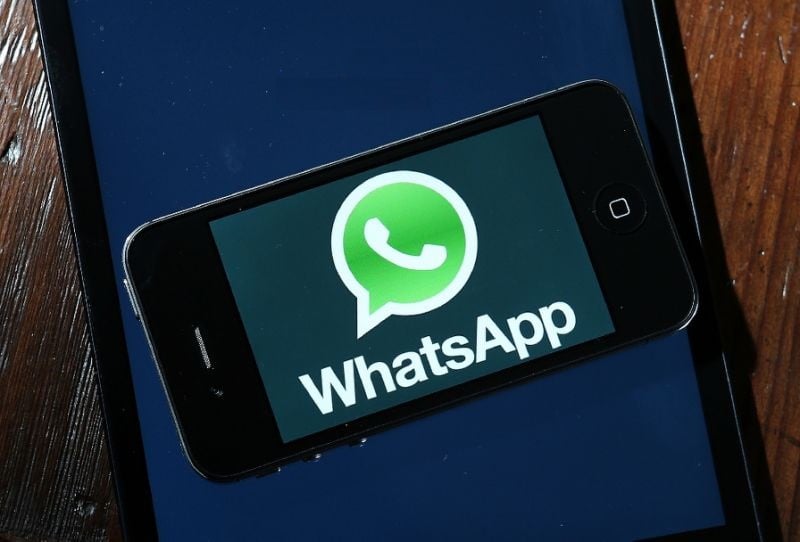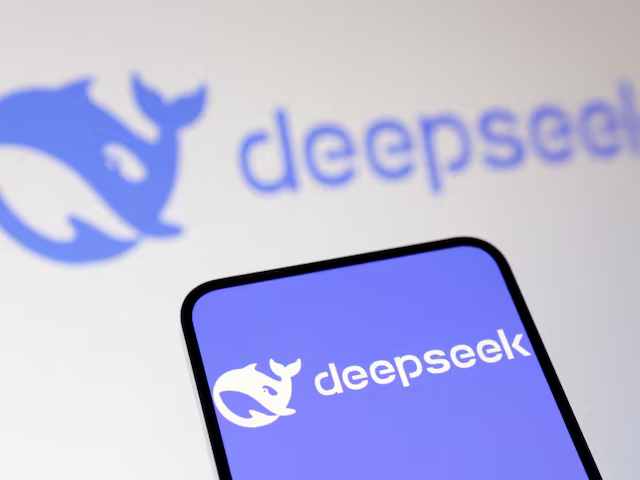OpenAI has introduced a new way to interact with its popular AI chatbot, ChatGPT, through a free phone service in the United States and global integration with WhatsApp.
The new feature, announced as part of OpenAI’s “12 days of Christmas” updates, offers users a simplified way to engage with AI technology.
US-based users can now call ChatGPT by dialling 1-800-CHATGPT. The service is free, though each phone number is limited to 15 minutes of call time per month.
For users outside the United States, OpenAI has integrated ChatGPT with WhatsApp, allowing people to message the chatbot through 1-800-242-8478.
“This is a stepping stone for AI newcomers, designed to provide a user-friendly experience,” OpenAI’s chief product officer Kevin Weil said during a livestream event.
The phone service was built using OpenAI’s Realtime API, while the WhatsApp feature is powered by GPT-4o mini through an integration with the WhatsApp API.
OpenAI emphasised that the service offers a low-cost and accessible way to try ChatGPT, especially for those unfamiliar with its web-based platform.
The phone and WhatsApp features are positioned as entry-level ways to explore ChatGPT. OpenAI said that while this version of ChatGPT is experimental, it provides a simplified experience compared to the full features available to regular users on its main platform.
Existing users seeking advanced functionality, higher usage limits, and personalisation options are encouraged to stick to the traditional web-based ChatGPT.
The initiative highlights OpenAI’s goal to make AI technology more accessible to diverse audiences, including less tech-savvy users.
WhatsApp, which has approximately two billion active users worldwide, was chosen for its ubiquity and familiarity among global audiences.
The project bears a resemblance to Google’s 2007 GOOG-411, a voice-based directory assistance service that was discontinued in 2010. At the time, Google reportedly used the service to collect voice samples for its speech recognition technology. While OpenAI’s project differs in its execution and goals, it similarly seeks to bridge the gap between advanced technology and everyday users.
Taya Christianson, a spokesperson for OpenAI, clarified that the data collected from these calls would not be used to train large language models, addressing potential privacy concerns.
OpenAI’s announcement is part of a broader strategy to bring ChatGPT to a wider audience while managing the growing costs of running its advanced AI models. The feature was developed in just a few weeks during a “hack week” and is described as a significant milestone in OpenAI’s efforts to make AI tools more approachable.
Other updates announced in December include an AI text-to-video generator named Sora and a premium subscription tier offering access to OpenAI’s most powerful models for $200 per month.
While the WhatsApp version of ChatGPT and the phone service are experimental, OpenAI hinted that availability and limits may evolve based on user demand.
Currently, only US-based users can access the phone service, while WhatsApp messaging is available globally. OpenAI plans to monitor the response and adapt its offerings to meet user needs.






